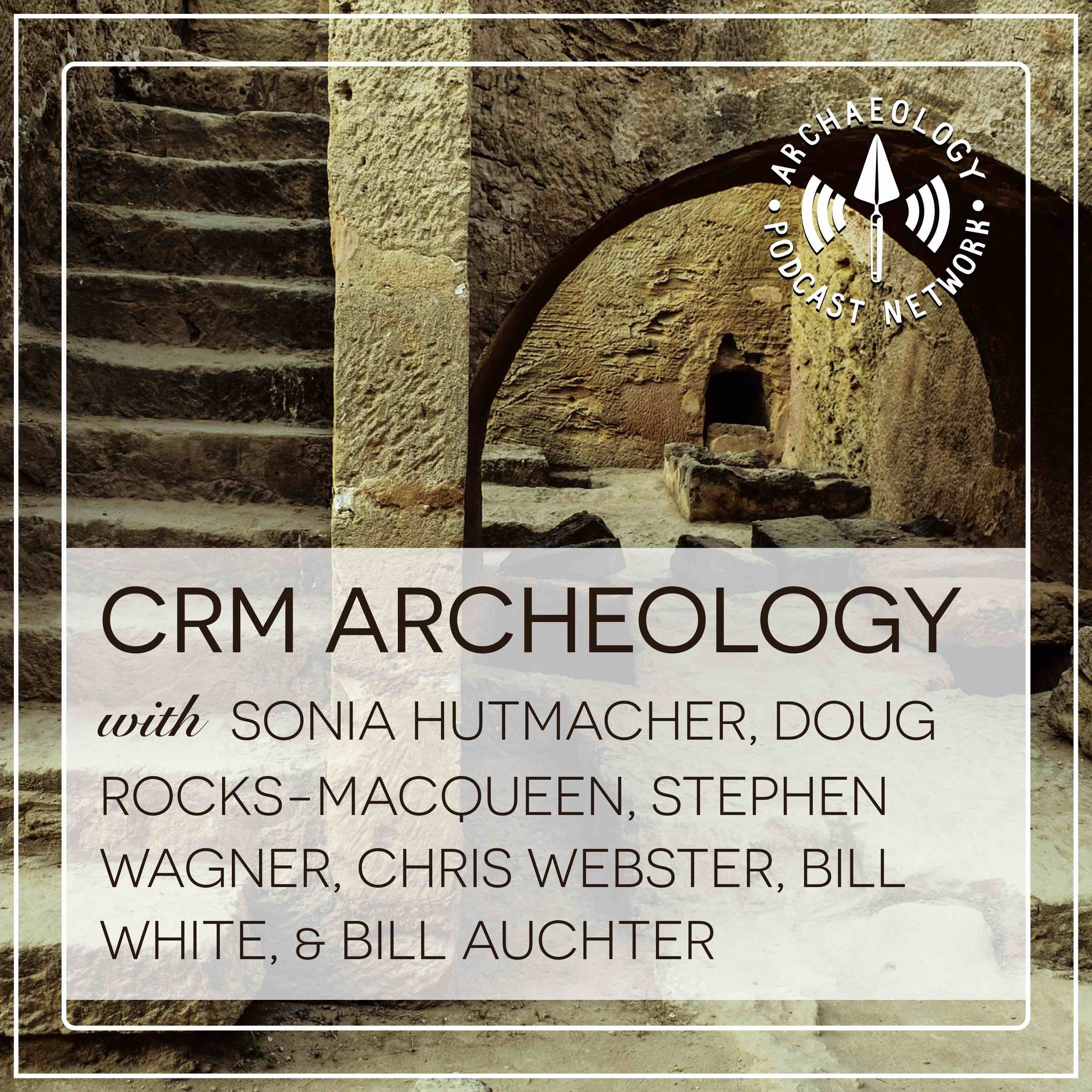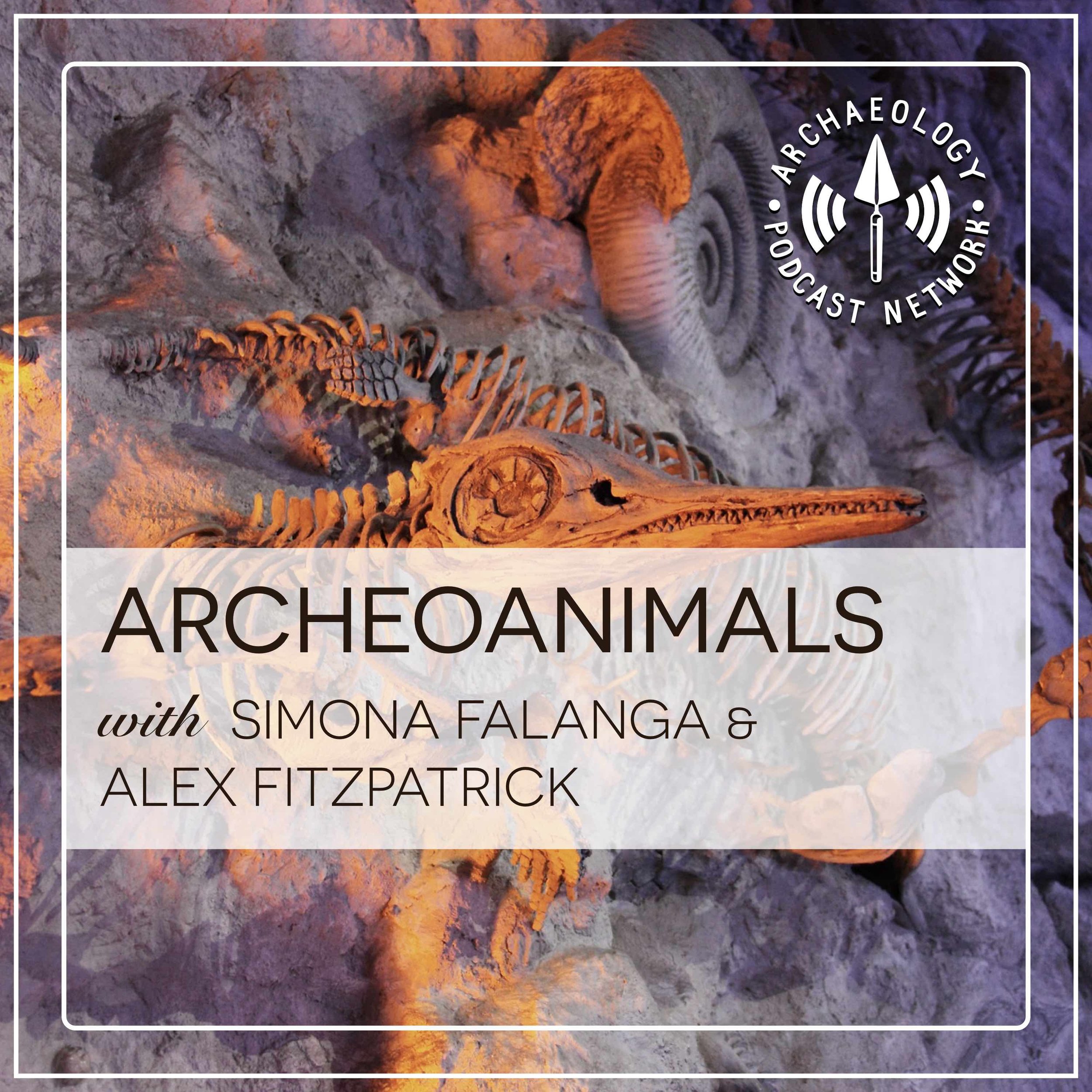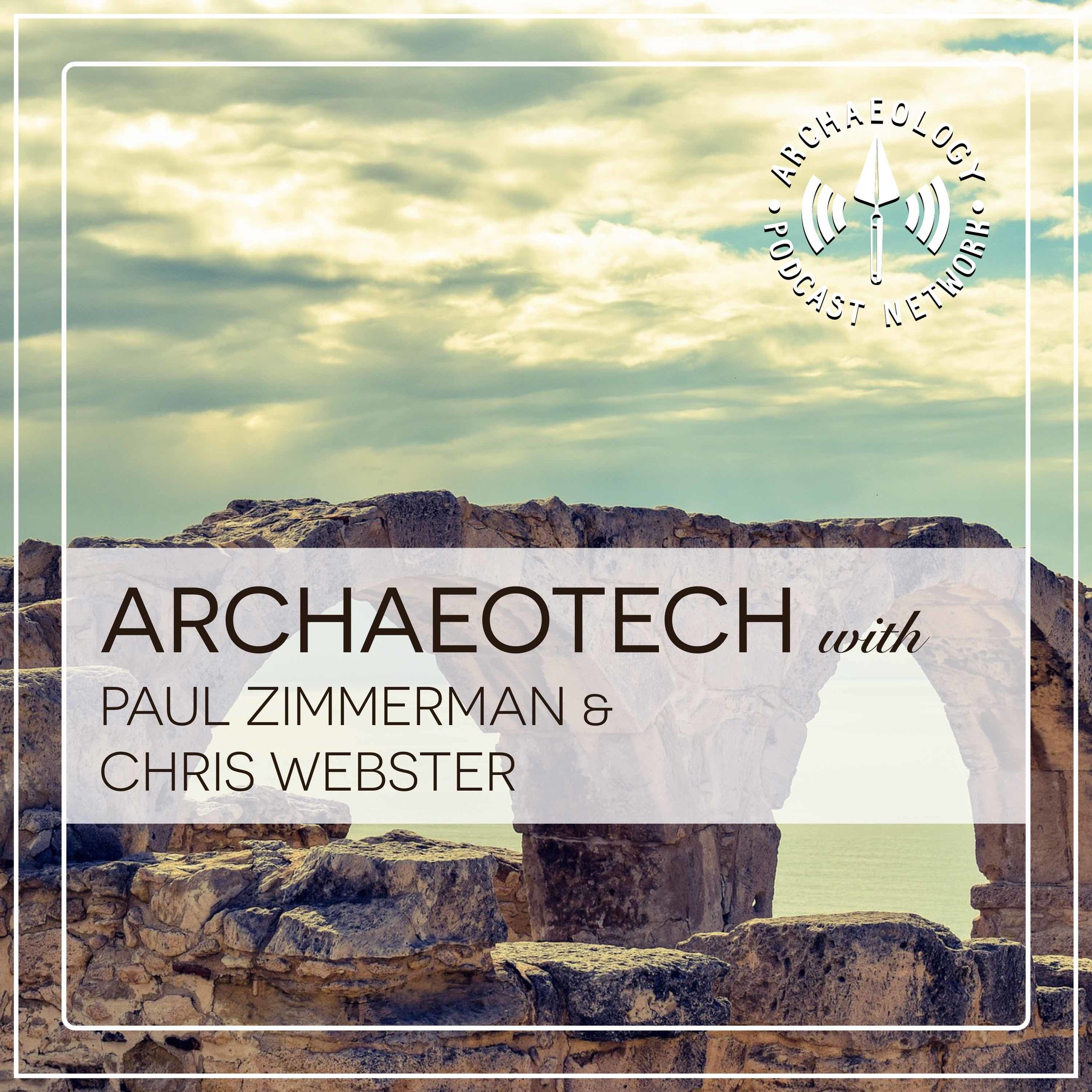Archaeology and Ale is a monthly series of talks presented by Archaeology in the City, part of the University of Sheffield Archaeology Department’s outreach programme. This month we are proud to host Maureen Carroll speaking on "Making Wine for the Emperor on the Roman Imperial Estate at Vagnari (Italy) with Maureen Carroll". This talk took place on Thursday, April 29th, 2021, online via Google Meets.
Maureen is a Roman archaeologist whose key research interests are Roman burial practices, funerary commemoration, and Roman childhood and family studies. She headed up the British team participating in a large EU-funded multi-national project (DressID) on Roman textiles and clothing, her focus being on dress and identity in funerary portraits on the Rhine and Danube frontiers. A further area of interest is the topic of Roman garden archaeology, on which she has published extensively. More recently, Maureen has studied the role of women in votive religion in early Roman Italy.
She has directed excavations in Germany, Italy, Tunisia, and Britain. Her current fieldwork project, funded by the British Academy/Leverhulme Trust, the Roman Society, the Social Sciences and Humanities Research Council of Canada (SSHRC), and the Rust Family Foundation, is the exploration of a Roman rural estate in imperial possession from the first to the third century A.D. at Vagnari in Puglia (Italy).
For more information about Archaeology in the City’s events and opportunities to get involved, please email archaeologyinthecity@sheffield.ac.uk or visit our website at archinthecity.wordpress.com. You can also find us on Twitter (@archinthecity), Instagram (@archaeointhecity), or Facebook (@archinthecity)
Links
Affiliates










